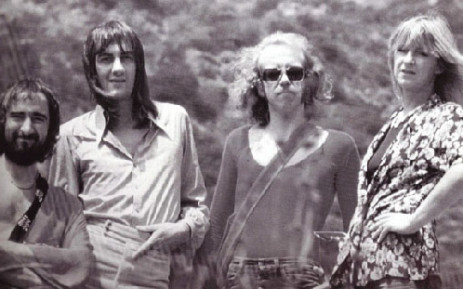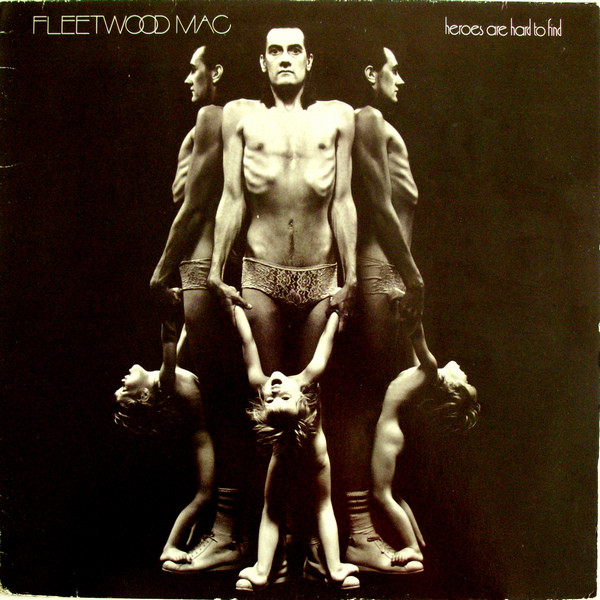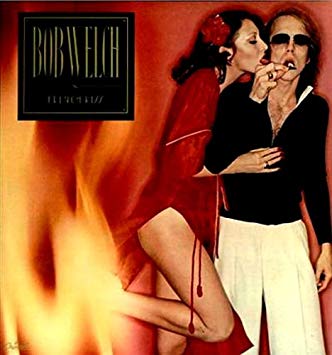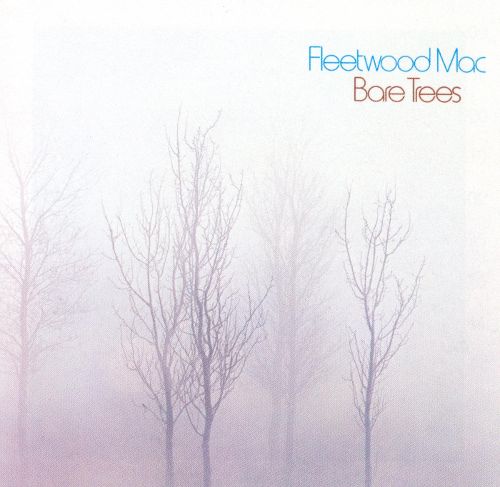The Buckingham-Nicks era of the venerable Fleetwood Mac is so all-encompassing that it is difficult to grasp that the band existed well before that 1975 album. Part of that is because of what Lindsey Buckingham and Stevie Nicks brought to the band musically. The rest of it is what they brought in terms of drama.

Even now, with a reunion/de-union going on tour with Stevie, but famously not with Buckingham who was fired before the tour to much media fanfare, the soap opera continues. Last week, word came that Buckingham had emergency heart surgery and, of course, we at MusicTAP wish him the best and a quick recovery.
This tour was, if my sources are correct, meant to be an extension of the Buckingham McVie tour, following his 2017 record with longtime keyboardist (and some, including me, would say the real heart of the Mac), Christine McVie. That album features all the members of Fleetwood Mac except for Stevie Nicks, and it is telling how synonymous she became with the band that either Buckingham McVie or label Atlantic Records decided they could not call it Fleetwood Mac without her.

But the band was Fleetwood Mac without her. It’s just that they didn’t have big hits in the American market prior to 1975. That means there’s a whole world of music that is, to greater or lesser extent, invisible to the average rock fan. And there were tracks that actually could have been hits, but by that early 1970s period, Fleetwood Mac was still known for its blues rock from the Sixties, a style they’d drifted far away from. Peter Green’s contribution “Oh Well” gets played only on the deepest of “deep cuts” radio specials, and Danny Kirwan’s efforts frequently reside in that “middle-child” netherland between Green and Buckingham’s tenures.

Things started to change in 1970 with the record Kiln House and the arrival of Christine Perfect, later Christine McVie. She brought more than a break from the destructive masculinity that the band – and so many bands of the era – was marinating in. Had Reprise/Warner Bros., the band’s record label in America been paying attention, they might have realized that in Christine they had an honest-to-God hitmaker.

Case in point, 1974’s Heroes Are Hard To Find, lousy cover art and all. Cut to the last track on side one, “Come a Little Bit Closer” (not a cover of the Jay and the Americans hit, but an original song written by Christine) and it all seems clear. It’s a big, soaring pop track, not so far afield from her later hits “Over My Head,” “Warm Ways,” “Say You Love Me,” “You Make Loving Fun,” and I could go on.
The song gets a huge production with strings and a real sense of gravitas. One imagines that the band knew this was a breakout track and put everything behind it, but alas, what wasn’t behind it were Buckingham-Nicks who made the softer, poppier side of the Mac okay for the power people to like.

The second of our two songs was, in fact, a hit…just not for Fleetwood Mac. Bob Welch was a member during the Danny Kirwan years, jumping in with 1971’s Future Games. 1972’s Bare Trees featured his contribution “Sentimental Lady.” It wouldn’t be a hit until his departure and subsequent re-recording for his first solo album, French Kiss, in 1977. That’s when the tune broke through to the Top Ten and later would become a soft rock cornerstone. It didn’t hurt that the remake featured then-present Mac stars Buckingham and Christine McVie backing Welch up.

I like the remake, but it is a soft rock classic in every sense, including Welch’s narcoleptic delivery. While I found the Bare Trees version jarring, since I came to that long after knowing of the solo version, I’ve come to consider it the better one. It is livelier, has a more recognizable groove, and Welch – while still sounding slightly sleepy – is a bit more engaged. Here are the two renditions:
The Bare Trees recording.
The French Kiss recording.
I think what strikes me about the former is that it takes the form of a demo. A really expensive demo, mind you, but it has the snap and crackle of an artist learning the part as he or she goes, so there’s the sense of movement occurring. By the time Welch got to French Kiss, he knew the song inside and out, and performs it thusly. It’s still a pleasant enough listen, but one cannot help but feel like he knew this was going to be the big song, and not because of him, but because of the Fleetwood Mac connection; and not HIS Fleetwood Mac connection, but to the one that replaced him and was now burning up the charts, preparing a 42-year run of ups, downs, ins, outs, and an iron clad legacy.
To quote his predecessor: “Oh well.”
